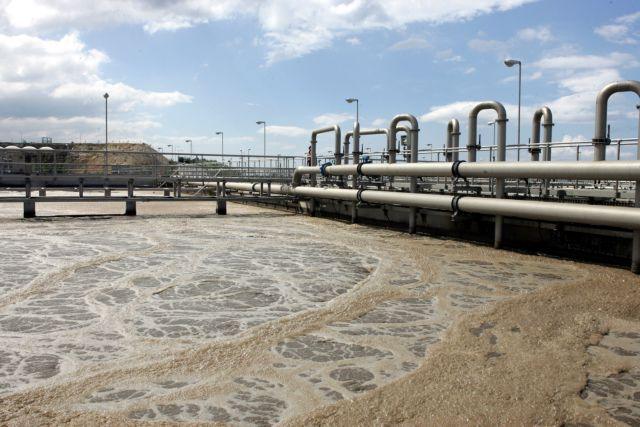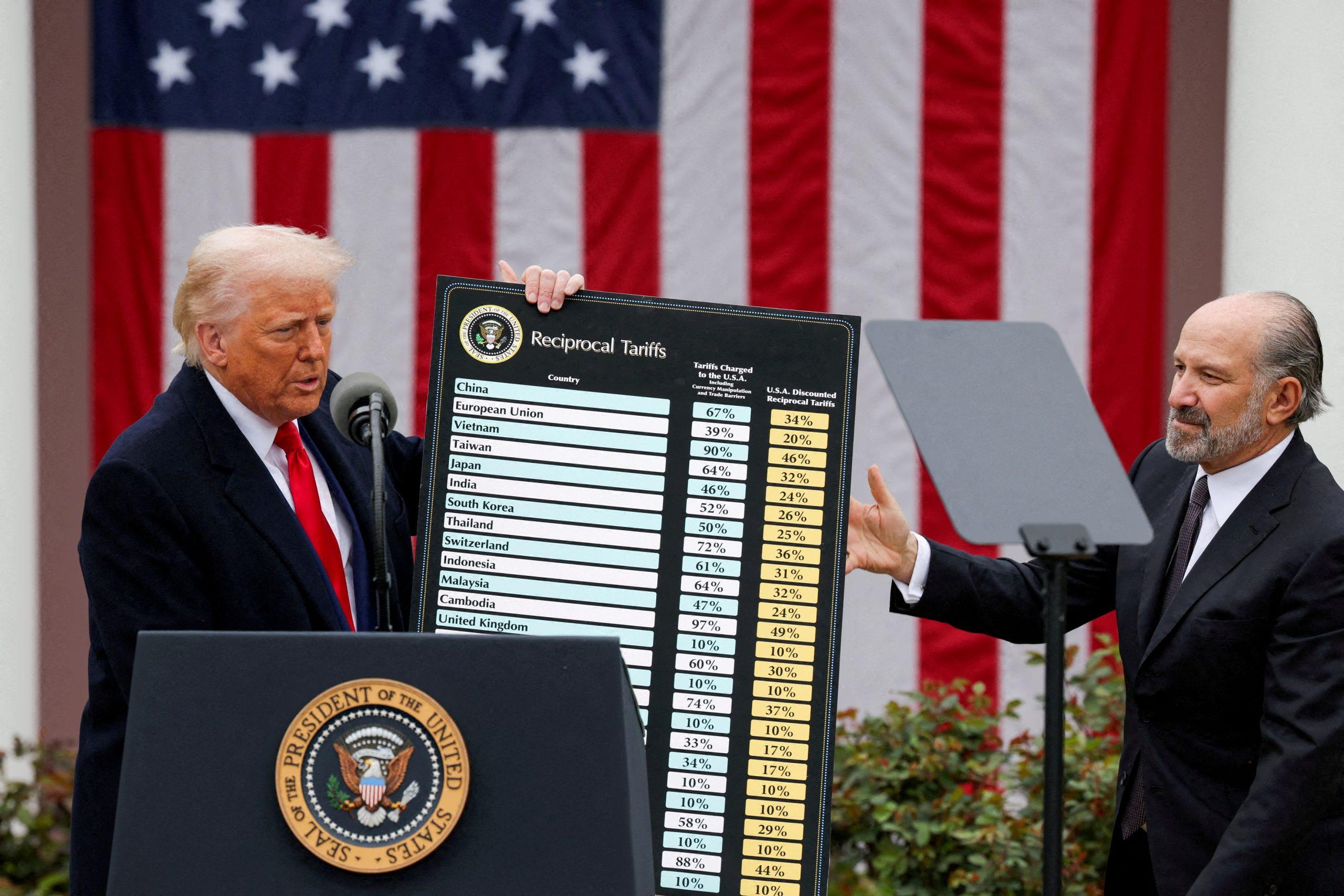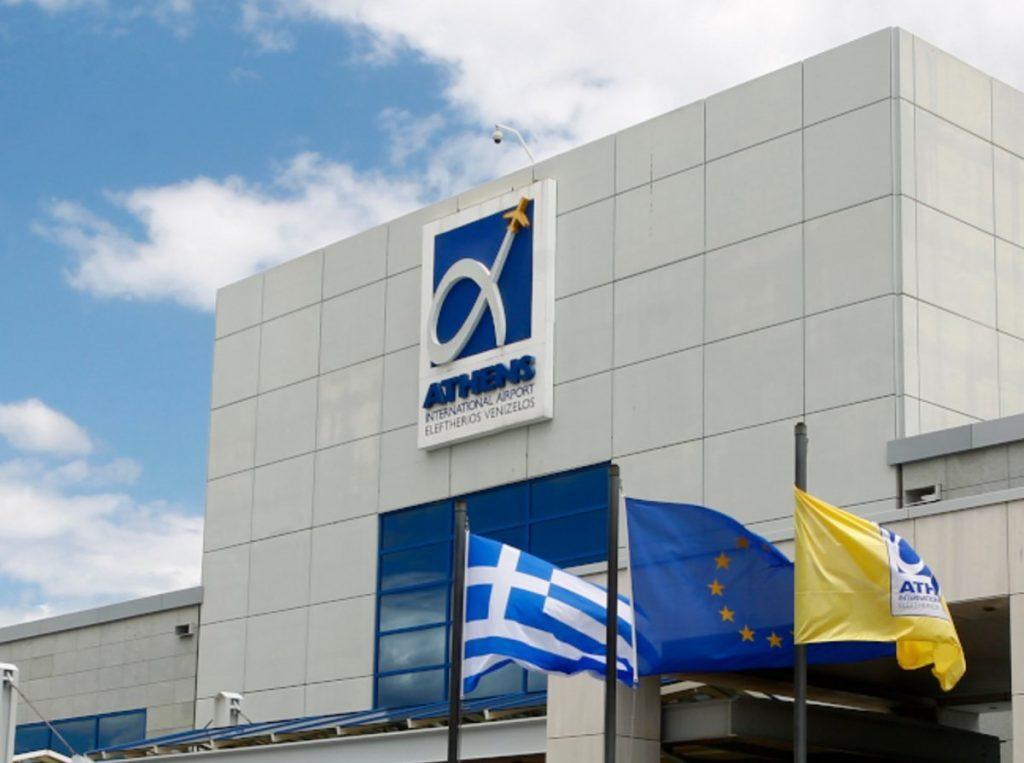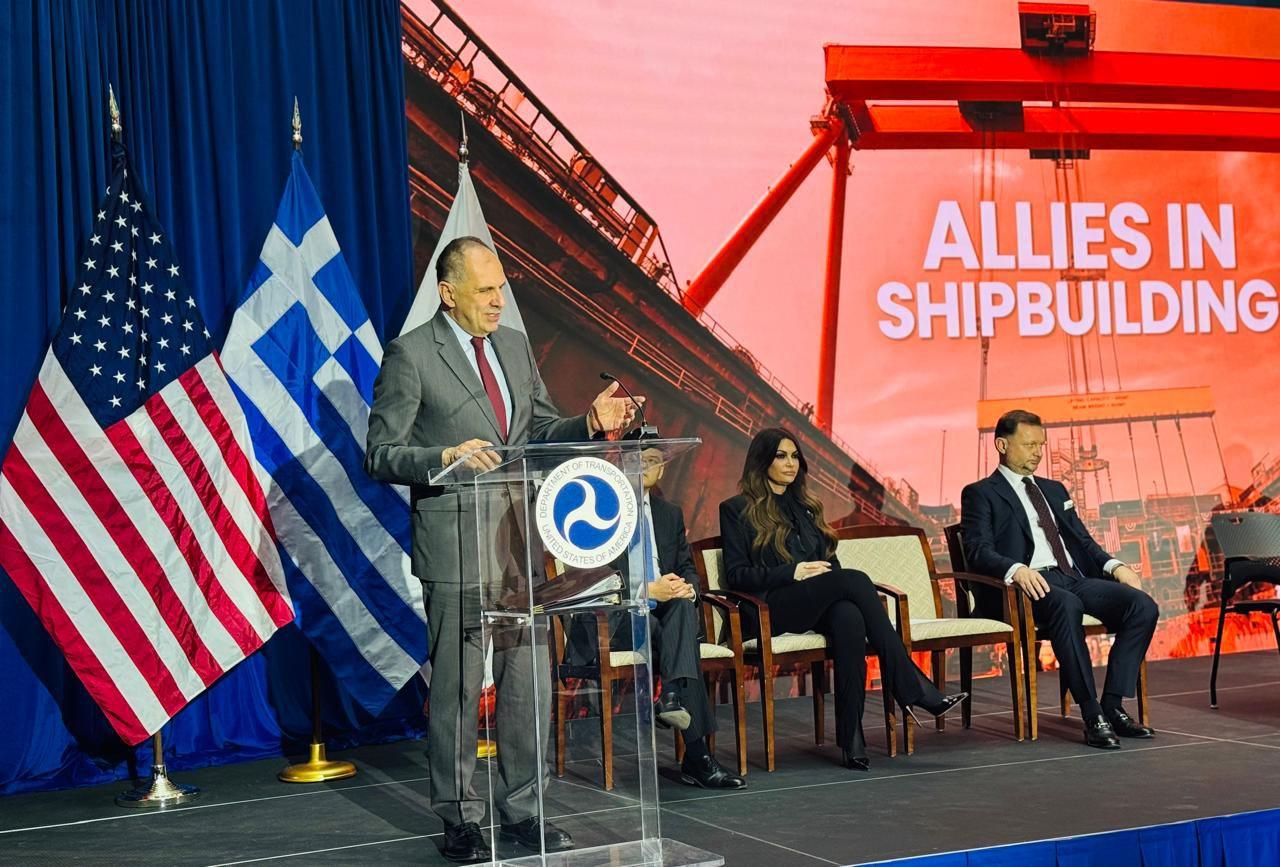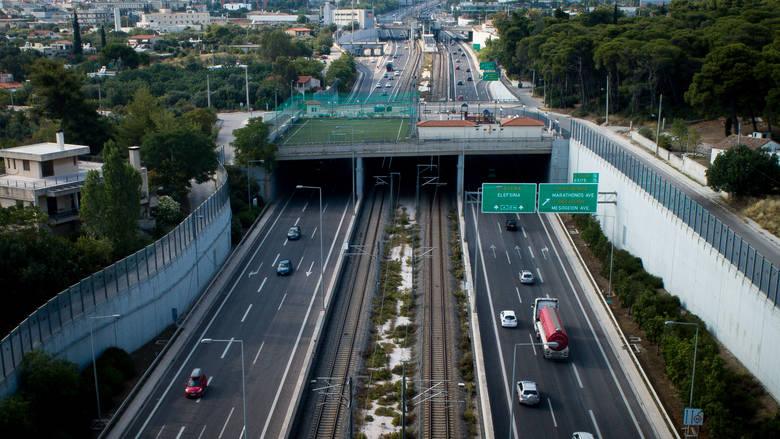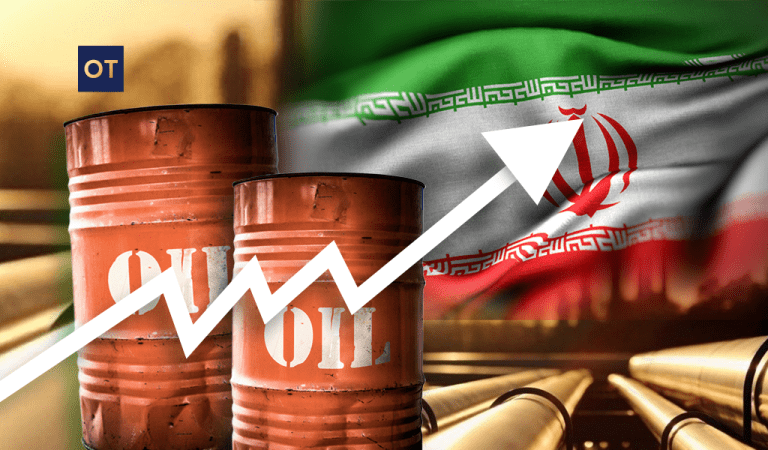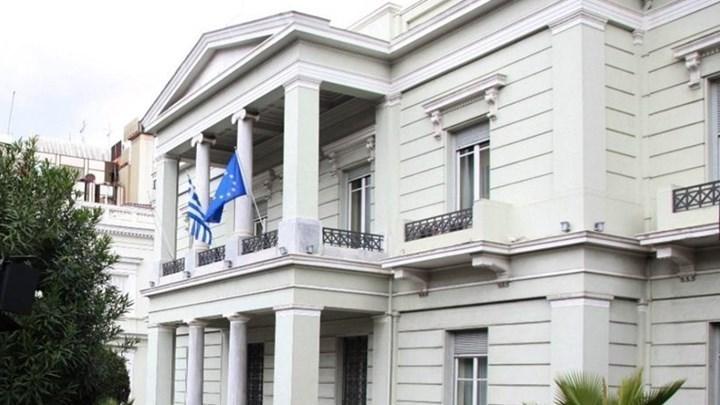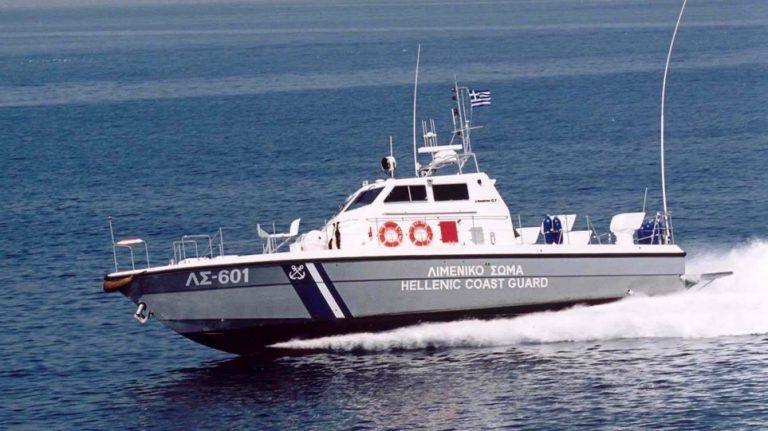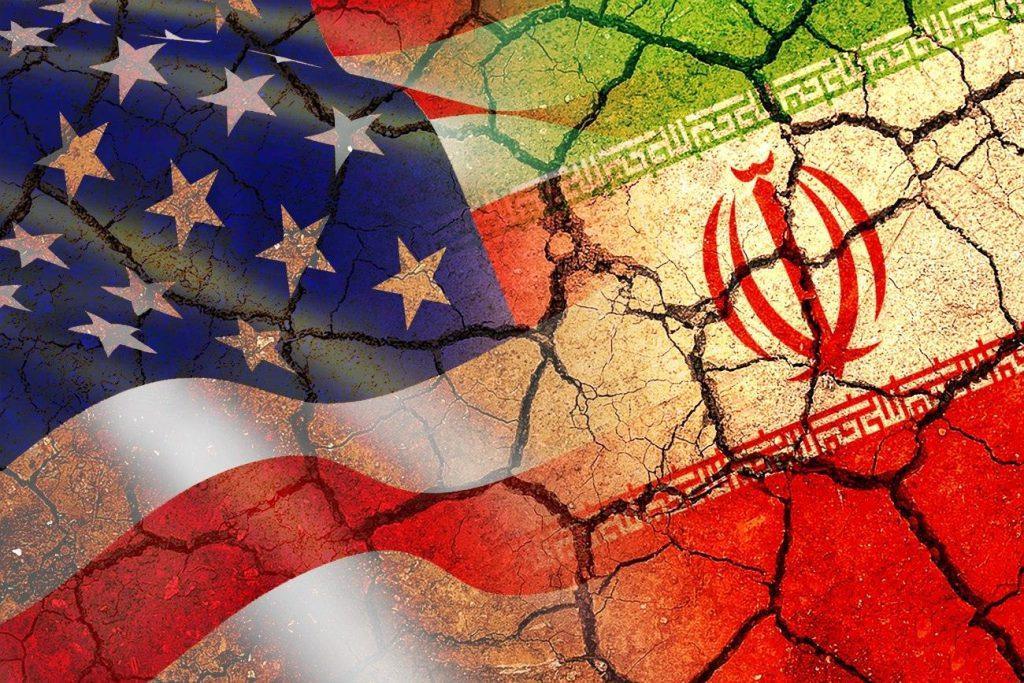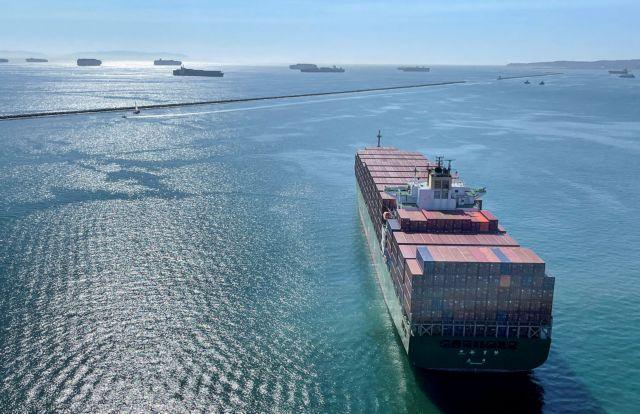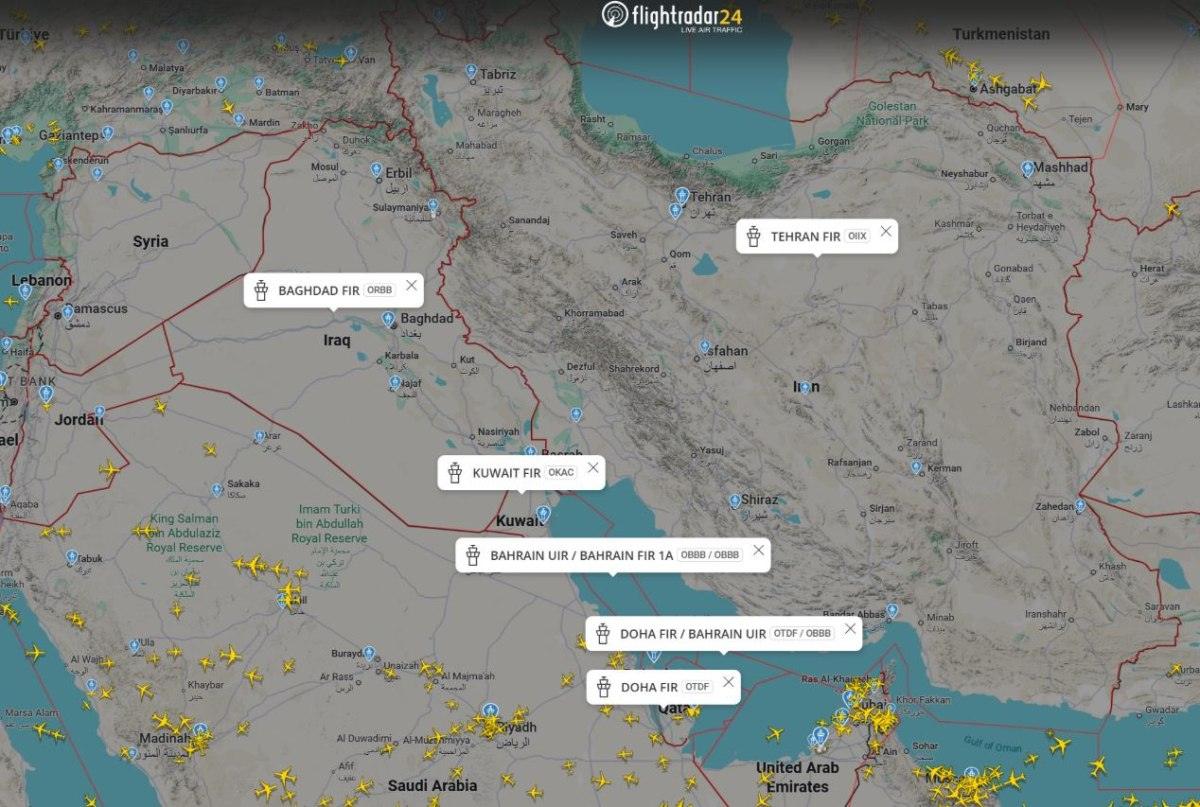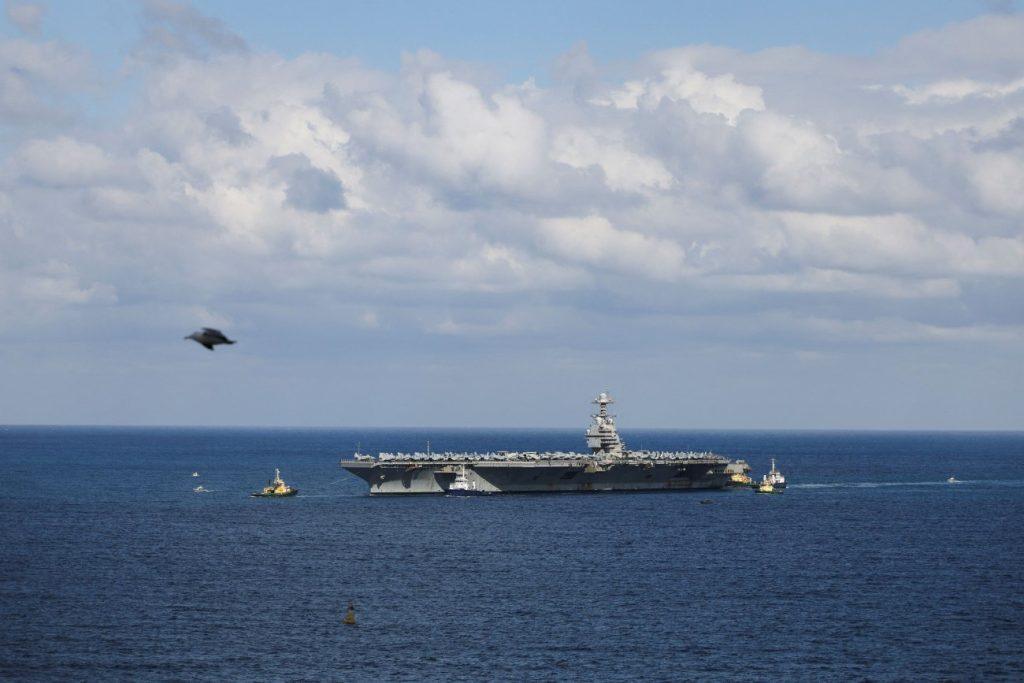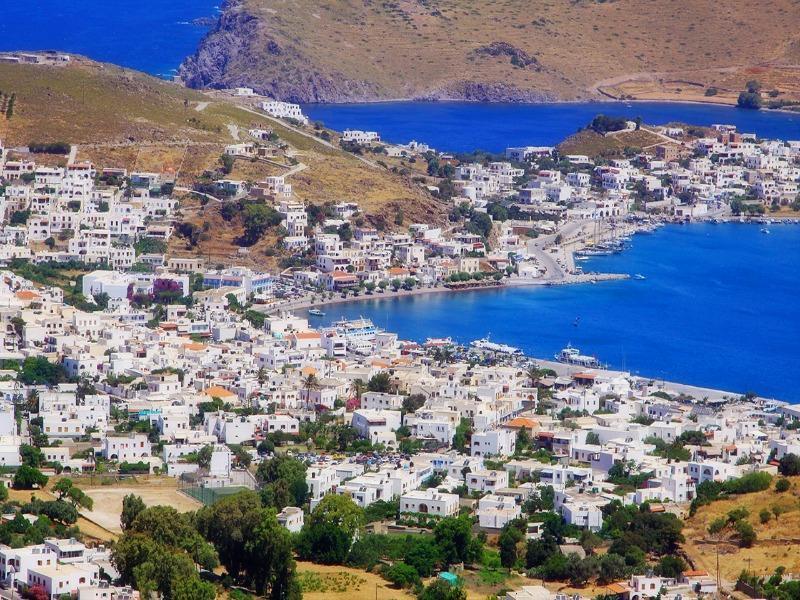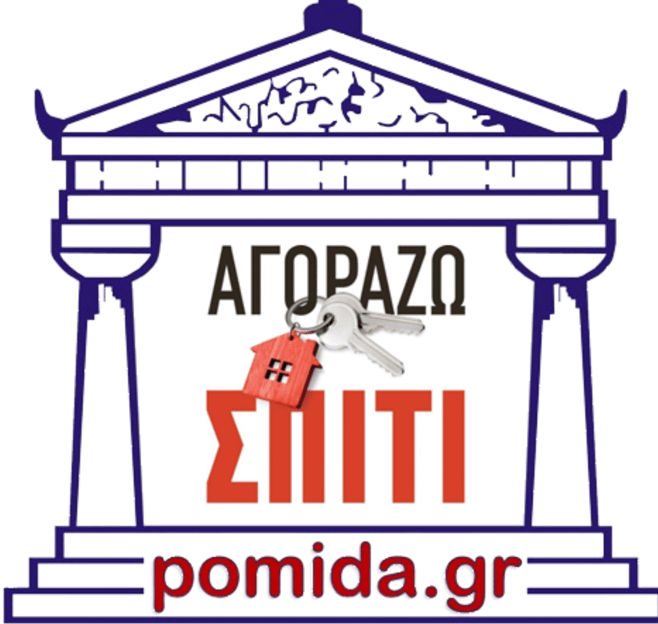“There are no problem that we can’t solve with Greece,” Turkish President Recep Tayyip Erdogan said once again.
On his return from Berlin, speaking to Turkish journalists, he reaffirmed his determination to keep a low profile towards Greece, something he has been trying to prove since last February, right after the devastating earthquakes in Turkey.
The Turkish president referred to the Greek-Turkish relations in view of the Supreme Cooperation Council that will be held on December 7 in Athens, noting his wish for the start of a new process between Greece and Turkey, which because they are two important countries in the region, their interests are natural to are in the same direction
Even if the positions of the two sides do not change, they are trying to avoid inflammatory rhetoric.
Erdogan referred to Greek-Turkish relations in view of the Supreme Cooperation Council, which is planned to take place on December 7 in Athens and not in Thessaloniki, noting his wish for the start of, as he said, a new process between Greece and Turkey which, because they are two important countries in the region, their interests are naturally in the same direction.
He also argued that the two sides can resolve their differences giving priority to dialogue, a dialogue which, as the Turkish president has emphasized several times, must take place without the intervention of third countries.
“We want to reduce enemies and increase friends” repeated the Turkish president to argue that “as countries in the region, if we exclude from the process third countries that approach the issue with the logic of profit and bargaining, we have no problem which we cannot resolve.”
For Athens, it is clear that there is a good atmosphere in the relations between the two countries at this time, but the real progress will depend on the positions they will take at the negotiating table on the maritime zone dispute.
They insist on one step at a time and note that problems are not solved overnight.
However, Greek diplomacy also invests in the good climate, which it wants to maintain as long as possible, even if solutions do not become immediately possible.

Aggressive rhetoric from the Turkish Navy Chief
Indicative of the fact that Turkey sticks to its fixed positions, which include the gray zones and the demilitarization of Greek islands, is that active military personnel, such as the head of the Navy Erzumed Tatlioglu, return to them from time to time in public, confirming that and Ankara has no intention of giving up its claims.
Tatlioglou attacked Greece for its weapons program, referring both to the acquisition of the Bell@ara frigates, the Rafale fighters, but also to the Mutual Defense Cooperation Agreement with the USA, noting that there are three large American bases on Greek soil.
He claimed that Greece is militarizing islands that should have been demilitarized, while he referred to “islands and rocky islets, whose sovereignty and ownership is disputed. They try to make them their own, visiting them as if they were their own islands.”
Even in the calm climate between Greece and Turkey, the said “disagreements” have their own role to remind that Ankara has not abandoned its positions, at the same time that Athens also emphasizes that it sticks to its own red lines.
The Bacheli factor
The Supreme Cooperation Council is characterized as the next milestone in the contacts between the two sides, which will determine the next steps, while both Athens and Ankara want to conclude with the signing of specific agreements that will strengthen the trust between the two sides.
With one of the questions being what role Devlet Bakhceli – Erdogan’s far-right partner and head of the Nationalist Action Party – will want to play in the Greek-Turkish dialogue and whether he will want to boobytrap it, indirectly or directly, throwing spanners in the gears of the state machine.
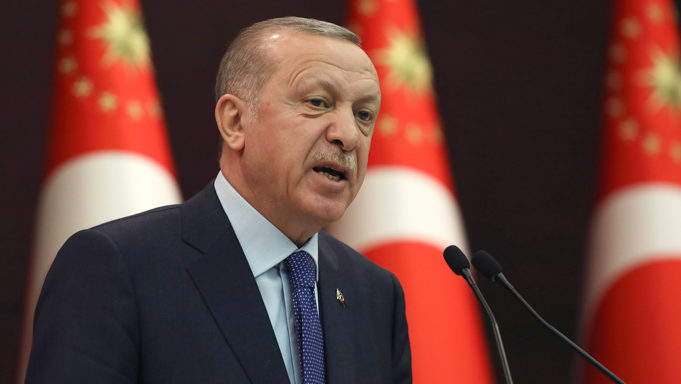
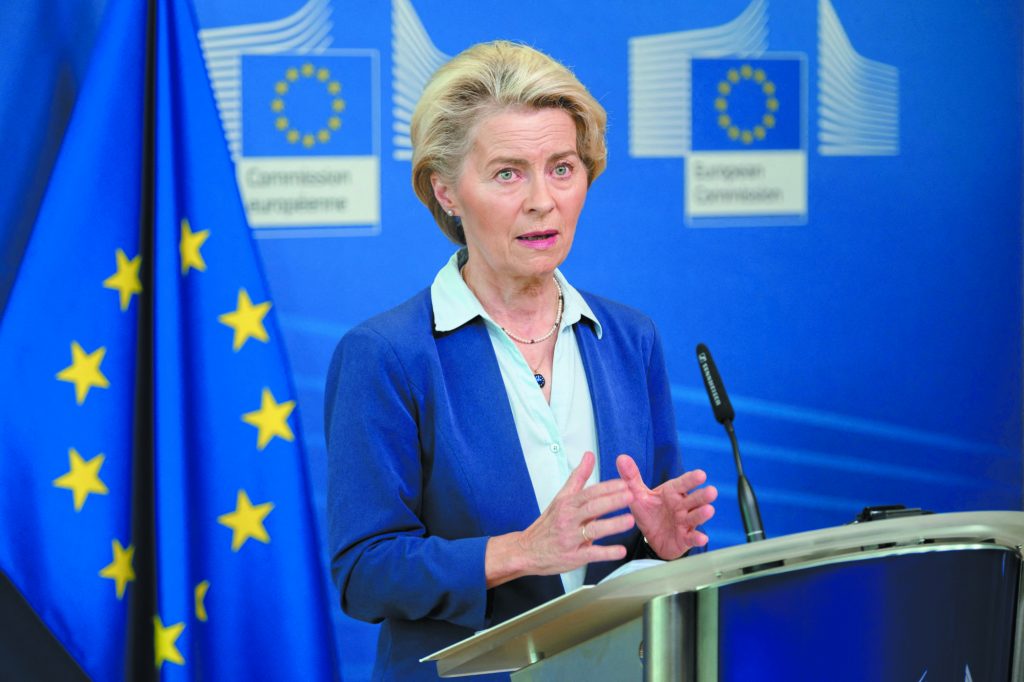

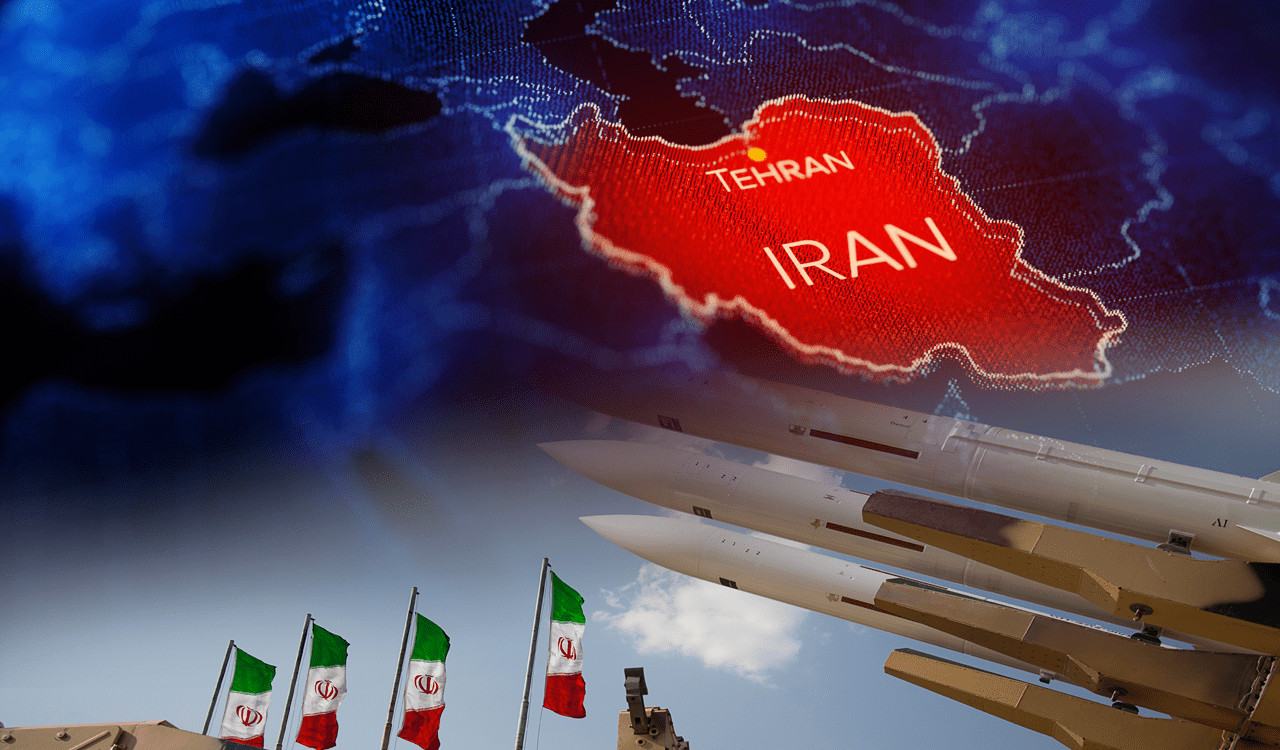
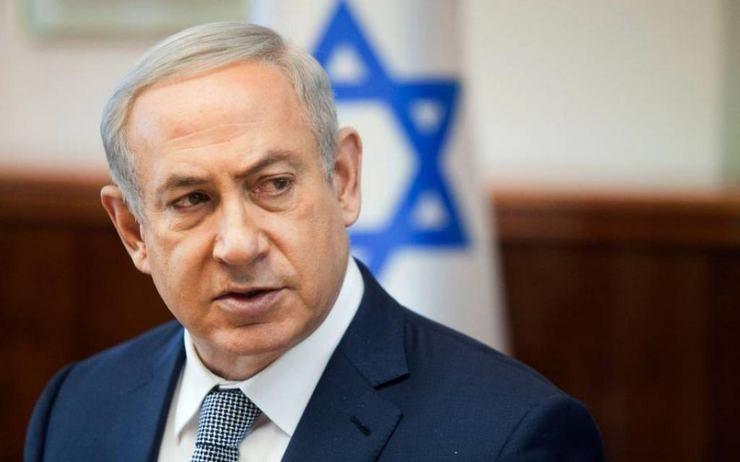
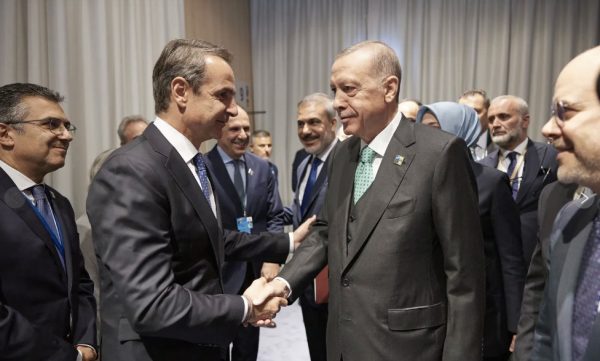



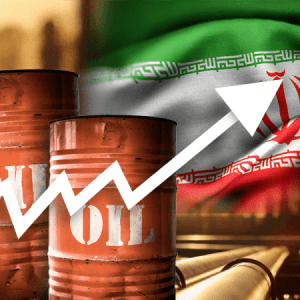
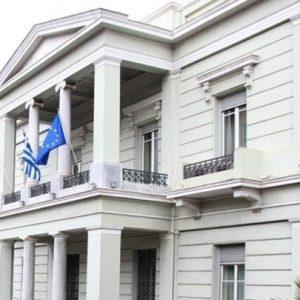
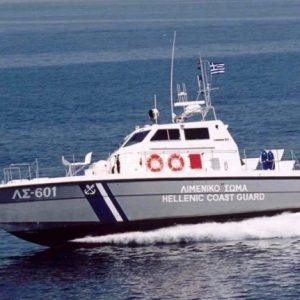

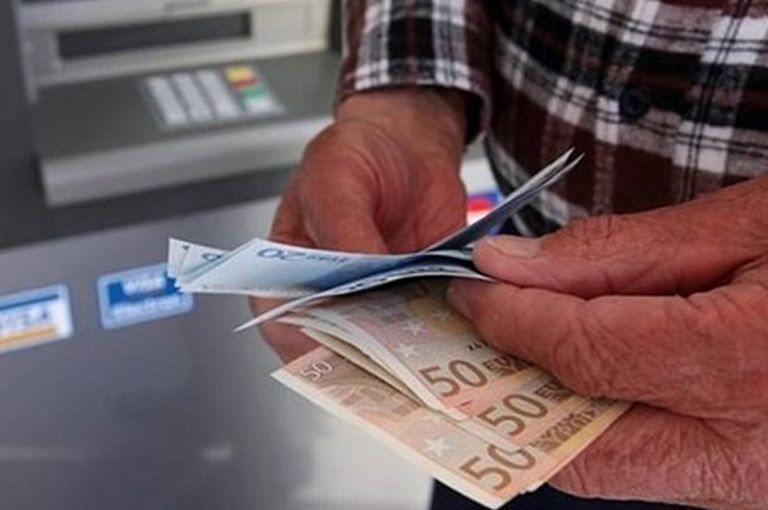
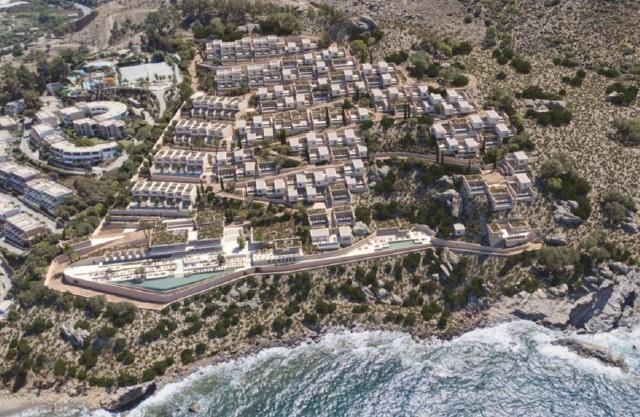


![Ακίνητα: Η έκπληξη της Θεσσαλονίκης στο real estate [πίνακες]](https://www.ot.gr/wp-content/uploads/2026/01/Thessaloniki-White-Tower-film-1024x576-1.jpg)
